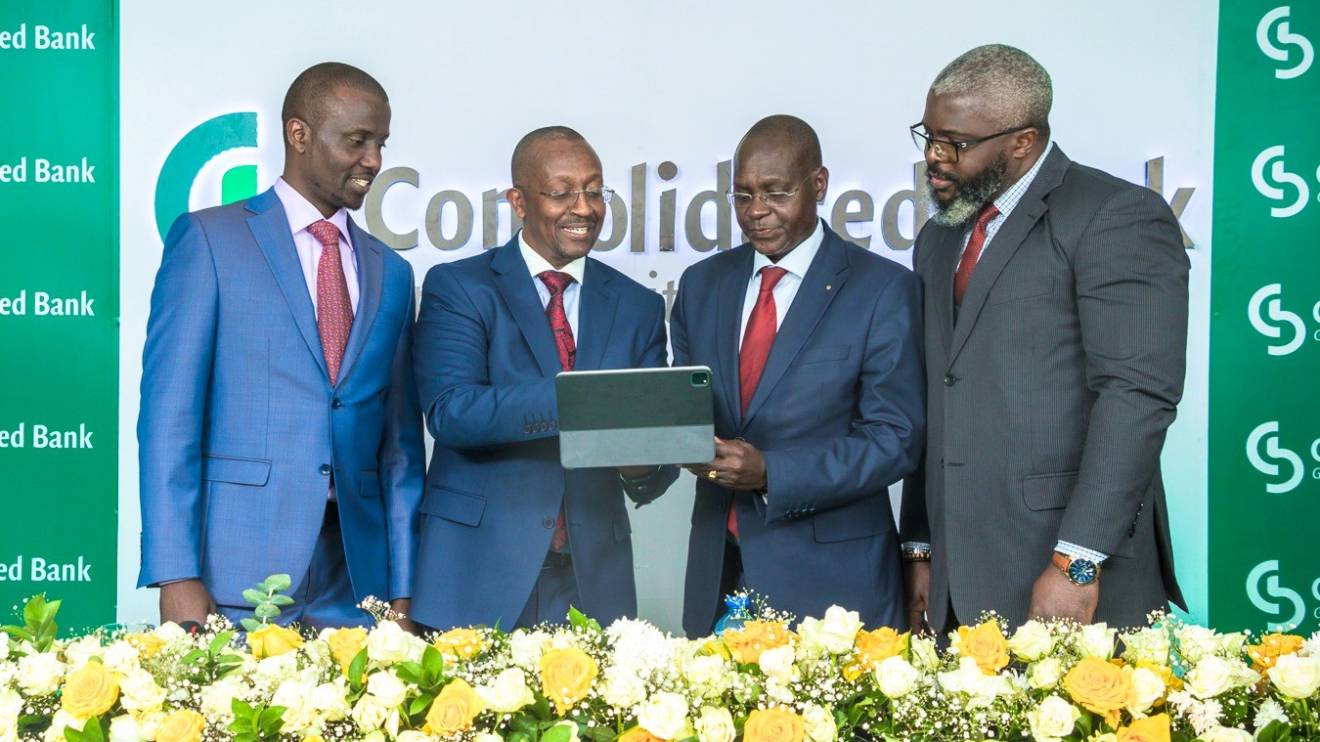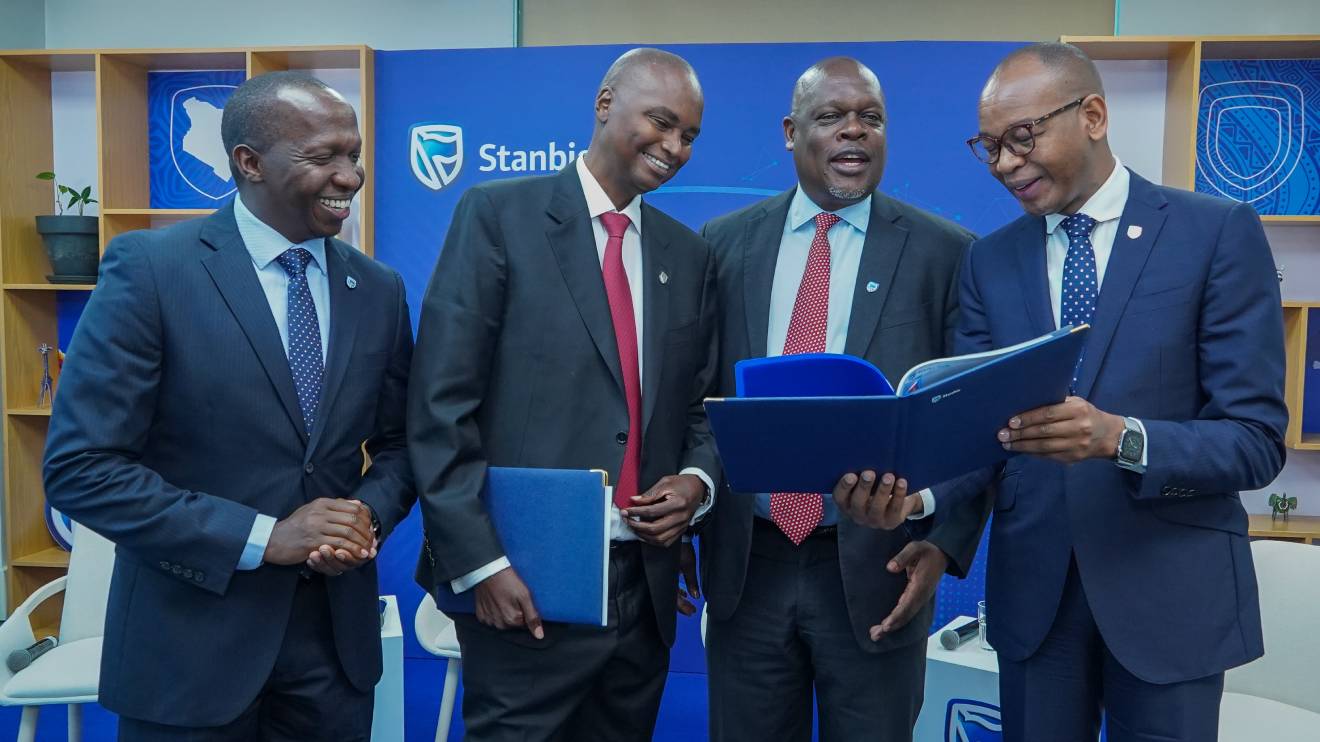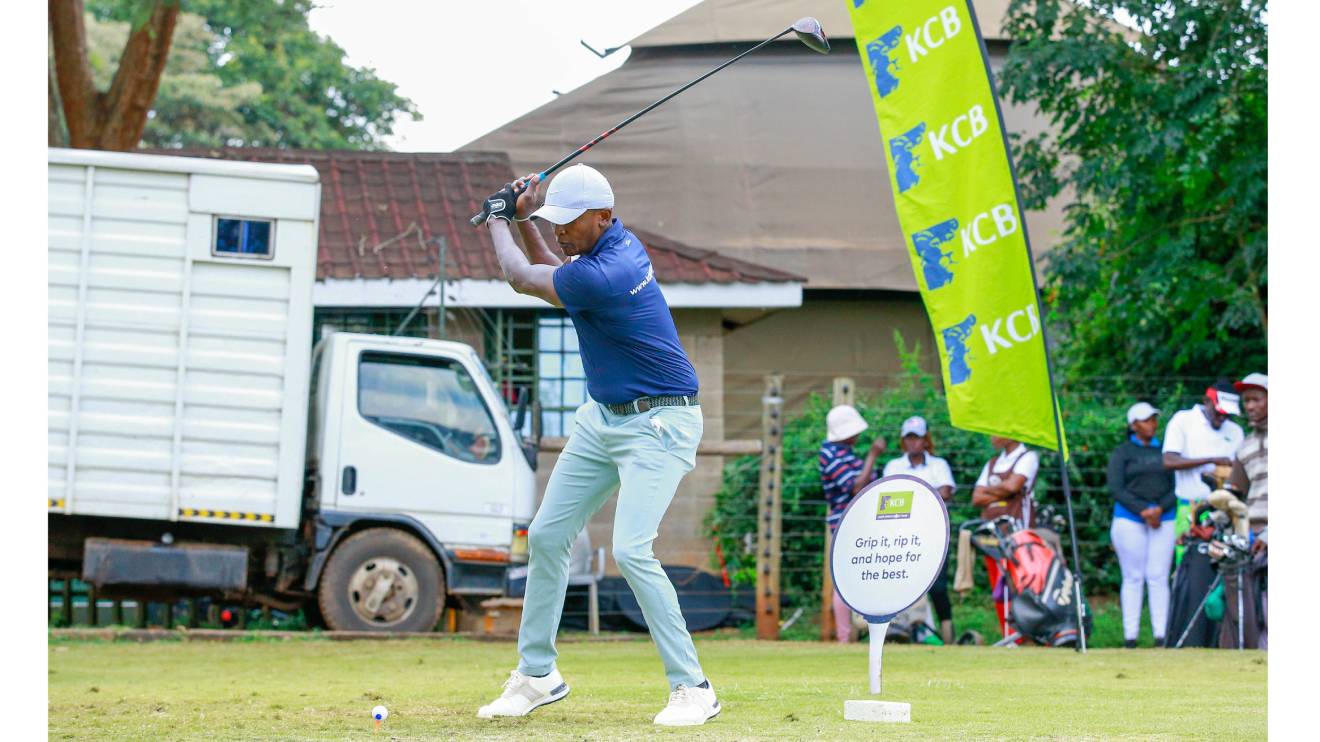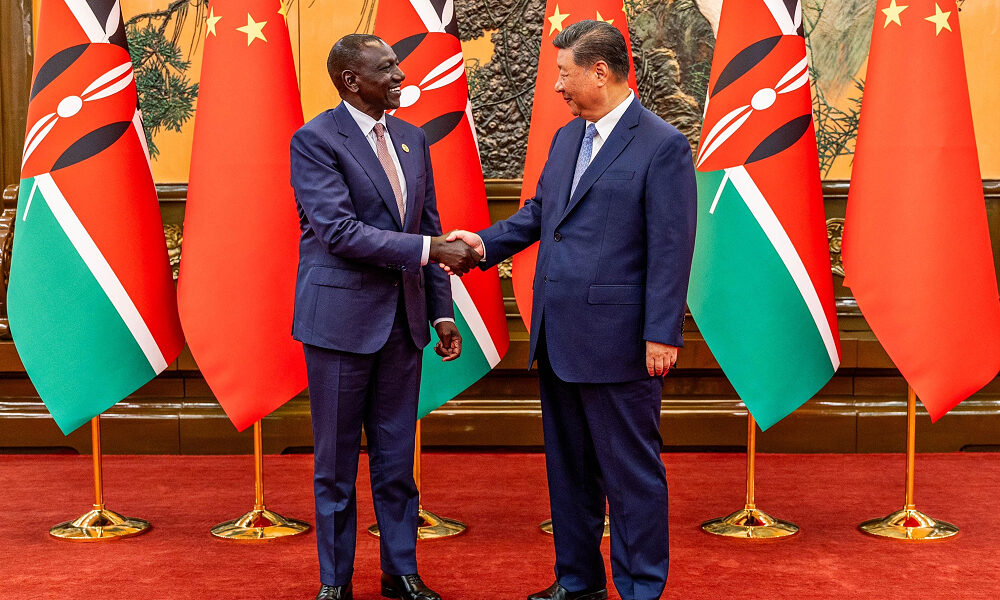Mental health is a crucial element of health for each one of us.
According to the World Health Organisation (WHO), “Health is a state of complete physical, mental and social wellbeing and not merely the absence of disease or infirmity.”
Therefore, it is important to always consider those who fall into special categories like people with special needs, including the deaf, dumb and people living with disabilities.
Language is the greatest communication barrier in a silent world. If you have your sense of hearing intact, you get to listen to information from any source as long as you understand the language, be it in a face-to-face session, radio, TV, webinar and chit chat from friends.
But for those with impaired hearing, they have to use sign language to communicate.
Read More
Judy Kihumba, a wife and mother of two beautiful girls, is a sign language interpreter and advocates for mental health and wellness of nursing mums with impaired hearing.
“I am also the founder of Talking Hands, Listening Eyes. My passion for sign language started way back in High School at Rev Muhoro School for the Deaf,” Kihumba says.
But how did she end up in a school for the deaf yet she has no challenges with her hearing?
“After my O-levels, I was set to join a Provincial High School which never happened due to lack of school fees. Therefore, I postponed school for two years, working as a house help to raise the required school fees. Two years later, I had saved some money enough to join Rev. Muhoro School for the Deaf, a stone throw away from my grandparents’ home in Nyeri County.”
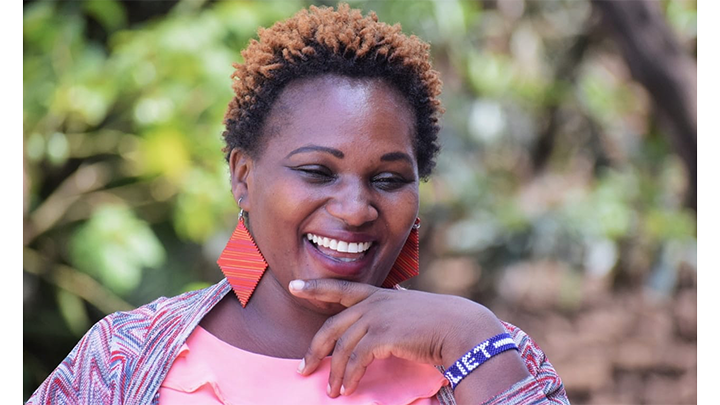
Judy Kihumba. PHOTO/COURTESY
She admits that her early days were challenging as she had no prior knowledge of sign language, which was the only language of communication.
“I am a strong believer in ‘When life gives you lemons, instead of whining, make lemonade.’ Continuously, as I interacted with the deaf students, my passion for sign language began to grow.”
After completing her education there, Kihumba joined University of Nairobi’s Sign Language Research Centre, where she honed her skills further.
She then enrolled at St Paul’s University to pursue a degree in Development Communication and Public Relations.
“In 2010, I was privileged to be part of the committee of experts who toured the country to create awareness about the new constitution. My constant interaction with the Deaf communities laid a foundation for my career journey.”
It was during that time that entities like Legal Resources Foundation Trust (LRF), the defunct Electoral Commission of Kenya (ECK), which was replaced by the Independent Electoral and Boundaries Commission (IEBC), hired her to interpret its civic education training materials.
“Since then, I have been working with various Media Houses like KTN and Njata TV to interpret their news bulletins. Currently, I work at PCEA St. Andrews Church in Nairobi, in charge of the Disability Ministry.”
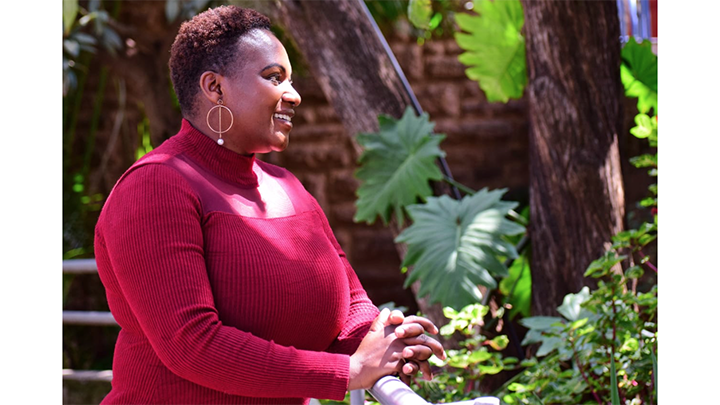
Judy Kihumba. PHOTO/COURTESY
She has ten years of experience working with the deaf and she shared her experiences in the line of duty and the remarkable strides she has made.
“My ministry is in church as the liaison between the hearing pastors and the deaf. When I see the deaf connect with the word of God and understand, it gives me fulfilment because many deaf people don’t interact with the Bible in church or in school due to communication barriers.”
Her face lights up when she narrates the satisfaction she feels when she sees deaf mothers’ ability to learn the basics of motherhood and take care of her babies and themselves well.
“Being a bridge between deaf moms and health workers enables them to receive better medical attention. The smiles they give when they have been effectively heard is heavenly for me. I live for such feedback.”
Kihumba is a passionate believer and supporter of inclusivity and equal chances for deaf women and girls, and an advocate of mental health and wellness of deaf mothers.
“I suffered from postpartum depression (PPD) in 2019 after the birth of my second daughter. I am grateful for the support I received from my husband and friends. They helped me through the process; otherwise, we wouldn’t be doing this series today.”
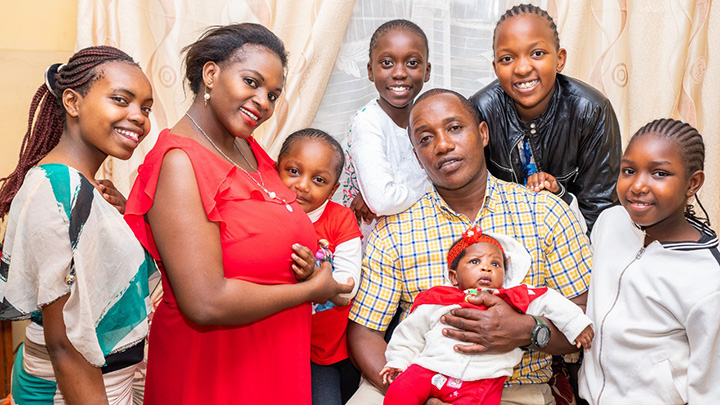
PHOTO/COURTESY
She says deaf mothers cannot express themselves as hearing mothers would, and this made her realise the challenges they are exposed to since most of their family members also do not understand sign language.
“I know their challenges, I purposed to walk this journey of motherhood with them while helping them understand the basics and how to overcome the challenges. Breaking down the available information on mental health to a language they understand goes a long way.”
The sign language interpreter’s passion for women, especially those dealing with hearing challenges, also saw her establish the organisation, Talking Hands, Listening Eyes.
The Talking Hands, Listening Eyes on Post-partum Depression (THLEP) is an organisation that advocates for the maternal health of deaf women and was formed in 2020 to address challenges posed by Covid-19 to the mental health of deaf nursing mums.
“I went through postpartum depression and when I met some deaf moms going through it, I quickly felt the need to speak out and break the silence in a bigger way. Many deaf women are going through their pregnancy journey alone, so it's for this reason, we are there to offer a hand of encouragement and hope.”
Kihumba believes the ongoing pandemic affected the deaf community in a major way and they need assistance from people of goodwill to overcome numerous arising issues.
“Their sources of livelihood have been disrupted, as most of them are casual labourers and live from hand to mouth. They are used to a community type of living, but it has become more challenging for them to engage and support each other with the ongoing curfew and lockdown. The biggest challenge, however, even without the pandemic, is the communication barrier between them and their family members who do not face similar challenges.”
She hopes the future will be better and proposes having a food bank to ensure that none of the deaf mothers goes without a meal as well as partnering with hospitals to give free medical checks, especially to deaf mothers with young babies.
“I advocate for families to learn and understand sign language as this will be a whole milestone in breaking the communication barriers.”
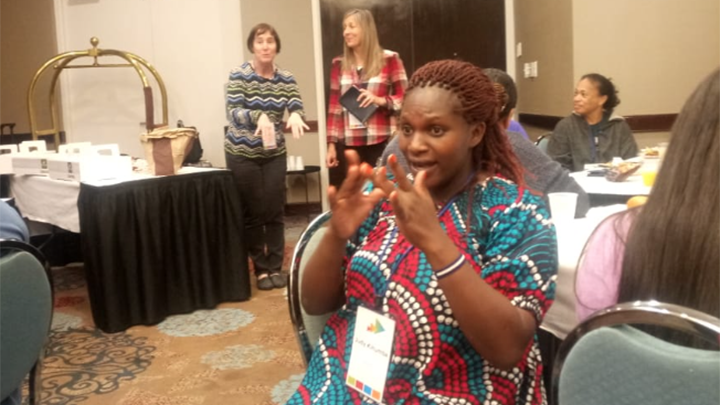
Judy Kihumba. PHOTO/COURTESY
She also wishes to partner with diaper manufacturing companies to aid nursing mothers with diapers to ease their struggle to balance between buying a diaper and a meal.
“Donations of diapers or baby clothes or any other kind from good Samaritans are welcome. One can also adopt a mother for a packet of diapers annually.”
So, which are the two most important values she lives by and keep her grounded?
1. Empathy: To show and care about the feelings of others. Having experienced postpartum depression first hand, I know how lonely it can be, so I’m ready to walk with the deaf mums all the way.
2. Reliability: I have realised that it’s not enough to be emphatic about the challenges faced by the deaf mothers around me; I need to do something more, especially for first-time mothers. We all can.
And how does she describe herself?
“I am committed and passionate about raising the standards of how we treat and perceive deaf people in our community. I do not struggle to get up in the morning because I love what I do; I have a steady source of motivation that drives me to do my best. I thrive on challenges and do not settle on anything less than my best.”
We asked a few people close to Judy Kihumba to describe her and they had some powerful descriptions.
“She is one with a distinctive personality, kind and caring, always ready to devote her time in helping and supporting the needs that are within her reach. I’m proud to call her a friend,” said Shifra.
Cassandra said, “She is resourceful. She is always solving problems even before being asked to. It is a no brainer that she would take up the burden of the deaf mothers and carry it as her own, simply because it will smile knowing that someone cares.”
To conclude the interview, this was her parting shot:
“I believe we all have a duty to make a difference. Seek your purpose to do so. I encourage all those who can hear to be more supportive in ensuring that even the deaf can achieve their full potential in life. I’m determined to make a change and equip knowledge to deaf mothers one at a time. Love is stone deaf…… It is not enough to tell someone you love them, you have to show it. The best and most beautiful things in the world can’t be seen or even touched, they must be felt with the heart.”

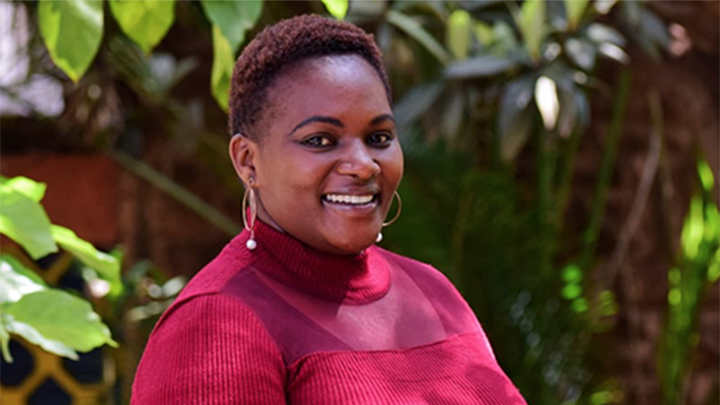
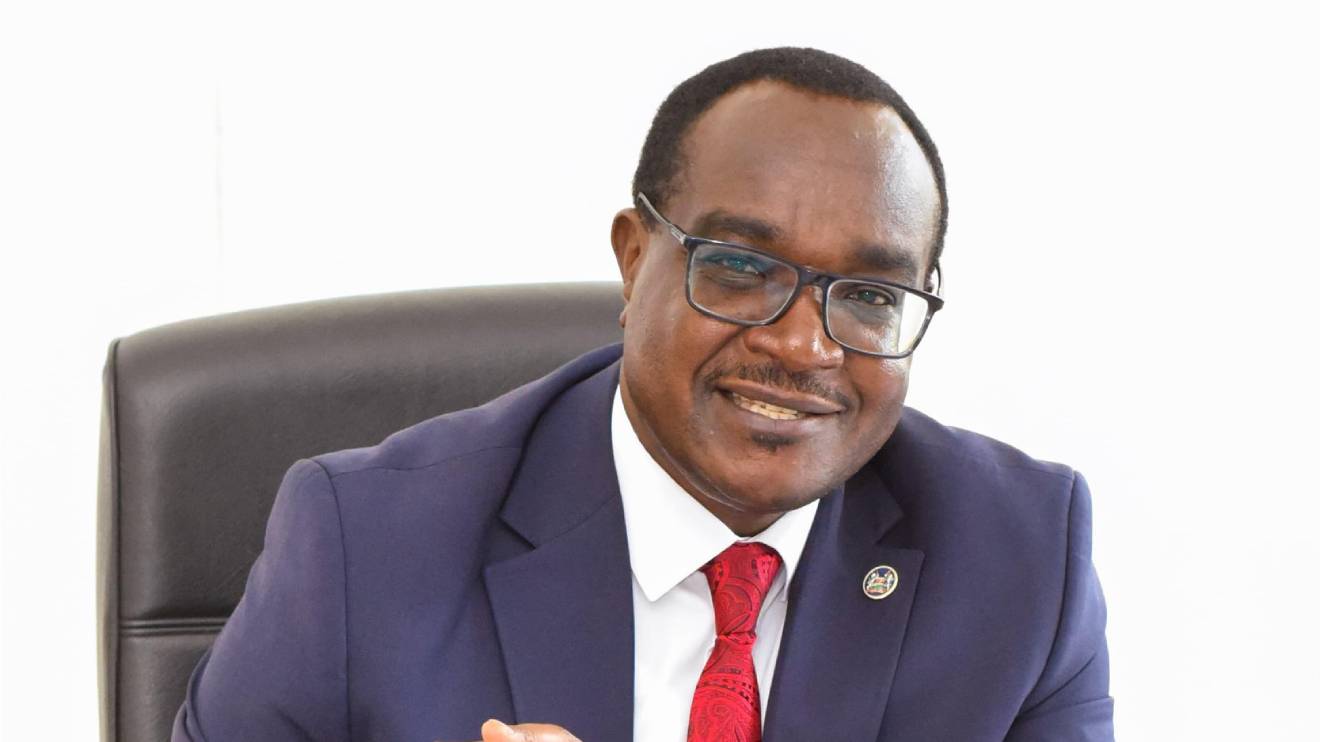
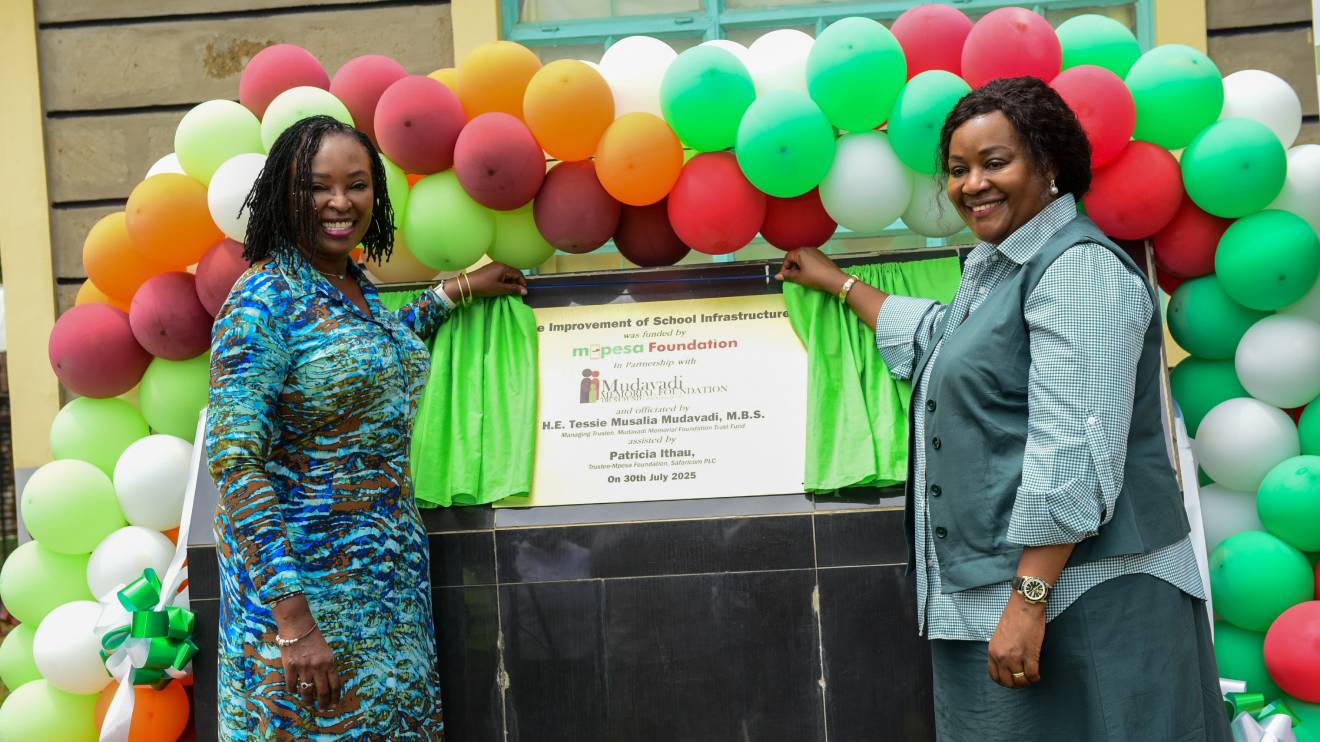
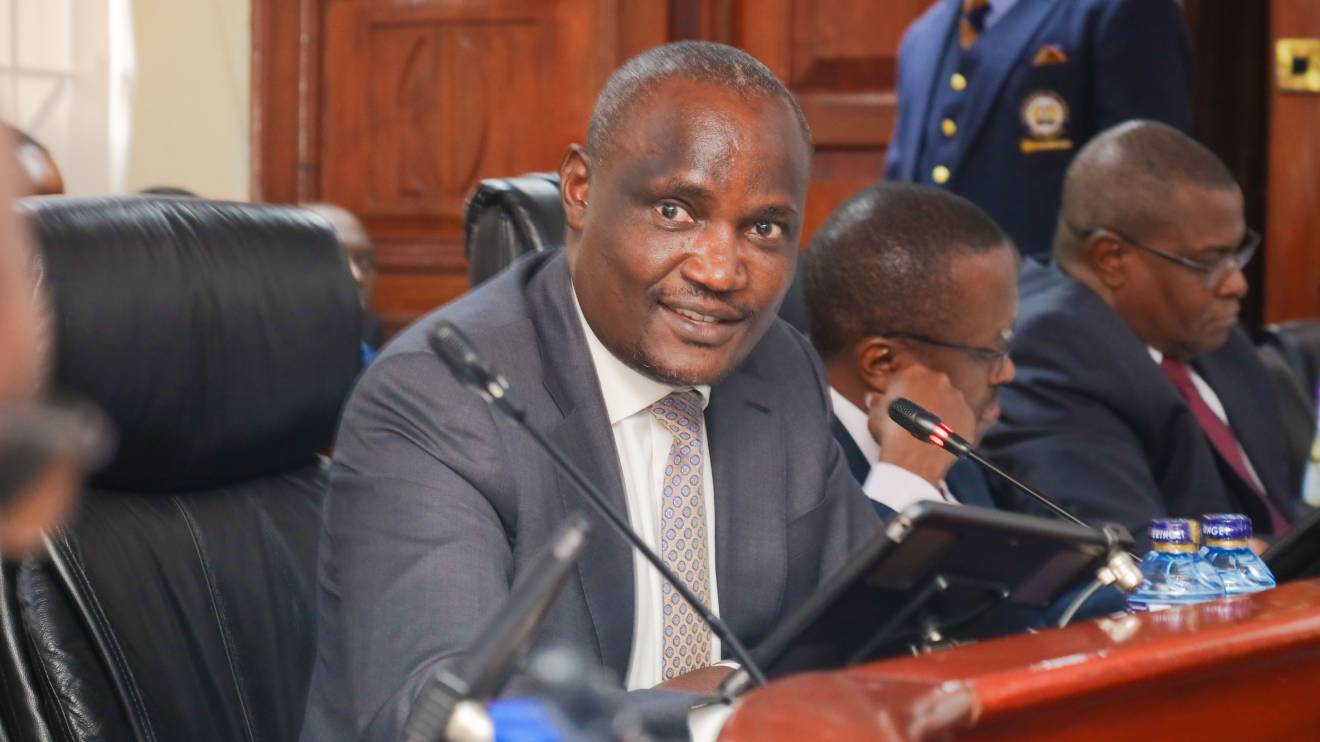
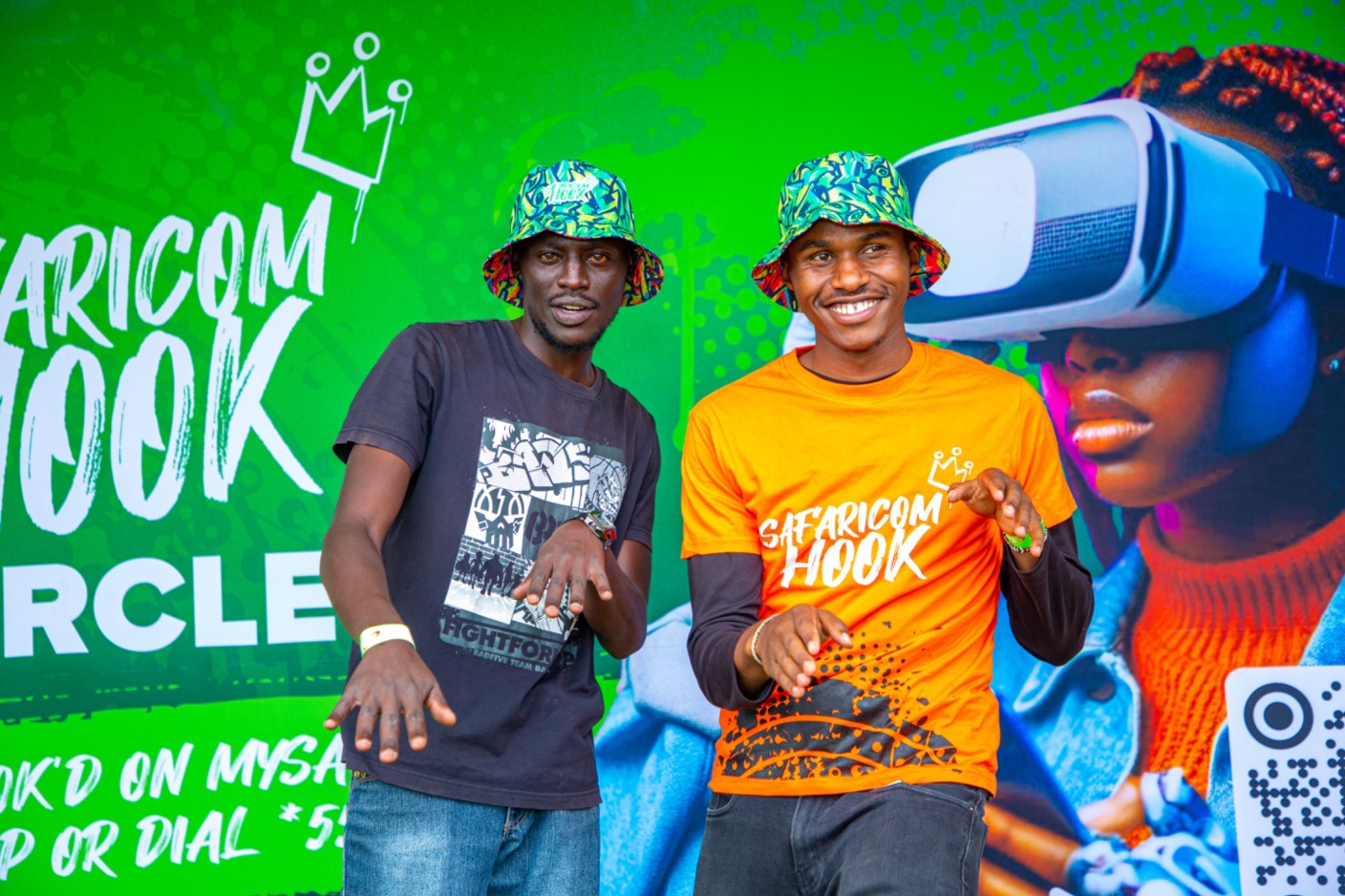
-1752797011.jpeg)

